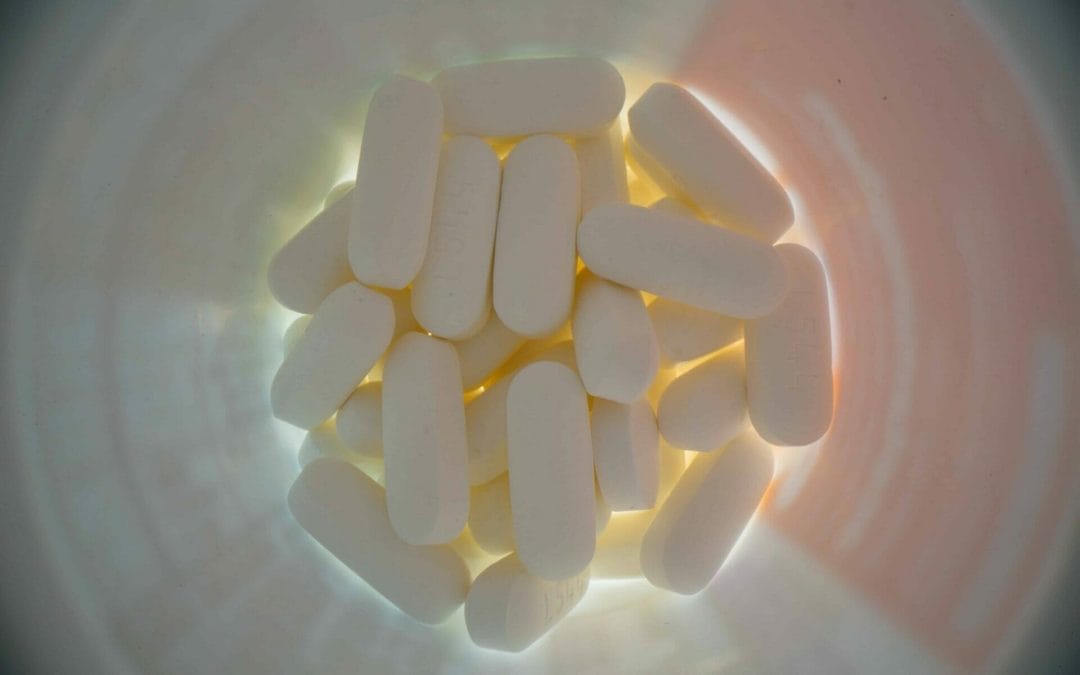Thanks to aggressive pharmaceutical companies and their marketing companies, is it any coincidence that we have “increasing numbers” of new mothers being diagnosed with Post Partum Depression (PPD) with surprisingly little attention being paid to the negative effects of depression medication on both mother and her nursing child? This is not an oversight or accident; psycho pharmaceutical drugs remain the most profitable products they produce. Marketed as a godsend, saving mothers from a dark time which they thought they would never emerge, it is no coincidence that most women have no idea what the side effects of these drugs are, or that there are potentially very serious consequences to their new born children as well.
Exploring the dangerous effects of depression medication is something that should be done by all mothers to ensure that they are not endangering themselves or the newborn child. Most health care professionals tend to gloss over the downside and stress the only the “positive effects” of the drugs, which are the product of an advertising agency and not science, without letting the mother make their own informed decision with all the facts.
Fact One: Depression Medication is Habit-Forming
Any kind of medication that improves your mood can become habit-forming, and depression medication is no different. Many patients become addicted to the lifted mood and find it extremely difficult to wean themselves off of their medication.
The risk of experiencing withdrawal symptoms when attempting to get off antidepressants is extremely high, as much at 42% according to some studies. Withdrawal symptoms include:
-
Anxiety and agitation
-
Mood swings
-
Flu-like symptoms
-
Irritability and aggression
-
Insomnia
-
Nausea and vomiting
-
Dizziness
-
Stomach pain
-
Electric shock sensations
-
Muscle spasms
Those who are attempting to go off of antidepressants should do so under the supervision of a health care professional. Depression and anxiety are the most common withdrawal symptoms, and often will cause patients to go back to taking antidepressants. It is a classic example of the solution becoming the problem. A gradual reduction in dosage is the key to successfully weaning a patient off of antidepressants, and can take a few months or more, depending on how that person is reacting to the change in medication.
Fact Two: Depression Medication has Serious Side Effects
The most common medication for depression is drugs referred to as selective serotonin reuptake inhibitors (SSRIs). Common brand names of these drugs include: Fluoxetine (Prozac), Fluvoxamine (Luvox), Sertraline (Zoloft), Paroxetine (Paxil), Escitalopram (Lexapro), and Citalopram (Celexa).
Common side effects for these antidepressants include:
-
Nausea
-
Insomnia
-
Anxiety
-
Restlessness
-
Decreased sex drive
-
Dizziness
-
Weight gain or loss
-
Tremors
-
Sweating
-
Sleepiness
-
Fatigue
-
Dry mouth
-
Diarrhea
-
Constipation
-
Headaches
The new breed of antidepressants, referred to as atypical antipsychotics have an even scarier list of side effects including obesity, diabetes, and heart disease. Diabetes alone carries a risk of other serious health problems like blindness, kidney disease and amputation. Even scarier is the risk of contracting tardive dyskinesia, an often irreversible movement disorder.
With all of these unfavorable side effects one would think that the health care industry would be eager to find an alternative solution to treat PPD and other forms of depression but perhaps profits are more important to them then the efficacy of the product. Instead, pharmaceutical companies are expanding their recommended uses so that they can be prescribed for anything from mild depression to schizophrenia so they can distributed like candy on Halloween. Additionally, with the strain already placed on the healthcare industry most doctors are looking for immediate fixes, instead of long-term solutions.
Fact Three: Depression Medication Transfers to a Nursing Baby’s Bloodstream
Most pregnant and nursing mothers realize that their baby is exposed to the same things they are. Whatever nutrients and medications that pass through the mother’s blood are also passed on to the baby. While mothers tend to be vigilant when it comes to what they eat and drink, they also tend to place absolute trust in their doctor, and neglect to ask important questions about whether the drugs they are taking could affect their little one.
The American Journal of Pediatrics reported in a 2004 study that the use of antidepressant medication in pregnant mothers led to an increase in abnormal sleep patterns, heart rhythms and alertness in babies in the womb. After babies are born the parents report that they don’t sleep normally – waking every few hours, have difficulty breastfeeding and are overly alert. When one considers that the newborn is probably addicted to the antidepressant and yet has to wean off of the drug “cold turkey” one can’t help but get a bit resentful of the people responsible for this gross negligence.
Fact Four: There are Natural Treatments for Depression
Pharmaceutical companies would like to have everyone think otherwise but there are natural treatments for depression. Most women experience a milder form of depression that even without intervention would resolve in about 6 weeks, the same amount of time it would take to see results with antidepressants. So even by doing nothing except bearing the pain, the choice is yours; wait it out or become addicted to a drug that will cause you to undergo withdrawals that take longer to fix than just leaving things to heal themselves.
While most antidepressants are geared towards increasing serotonin in the brain, which results in a happier, more euphoric outlook many scientists believe that this does not treat the underlying cause of the depression. The fact is many newer studies are looking at nutrient and hormonal imbalances in women who have given birth as a probable reason for postpartum depression.
Abnormal thyroid function, changes in progesterone and copper levels, nutrient deficiency and low iron in the blood have all been linked to post partum depression and indeed, are most likely the cause. At least these probable causes can be measured and therefore the treatment is scientifically based rather than the psychiatric diagnosis of “Oh, well, you have a chemical imbalance in your brain” without one single scientific test to back up such a claim. By treating these underlying causes with vitamins and other natural methods the mother can return herself to a normal state of mind, but more importantly, can do so without the risk of side effects for her or the baby.
Other treatments such as exercise, light therapy and a specialized diet can also help to alleviate the symptoms of PPD, and help return the body to its natural rhythm. Medication is not the only solution and it should not be being handed out to anyone who is feeling less than perfect after having given birth.
New mothers and pregnant women need to be aware of what they are putting in their bodies as it not only affects them, but their babies as well. If any new mother who feels uncomfortable with the method of treatment being prescribed by their health care practitioner then a second opinion is the next best course of action.
Besides looking at nutrition, new mothers need to surround themselves with a support network that will be there for them and their baby. By having others to depend on, the big job of caring for a newborn becomes less and the mother feels less overwhelmed with having to do it herself. There are many great community and online resources for new mothers (our Forum being one) and for those experiencing PPD, so anyone who is feeling a bit lost in the world of parenthood should certainly check them out. Sometimes even just taking one step forward helps to ease the symptoms of PPD.

